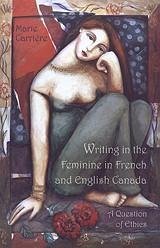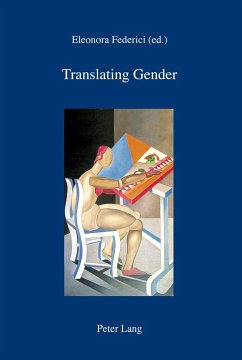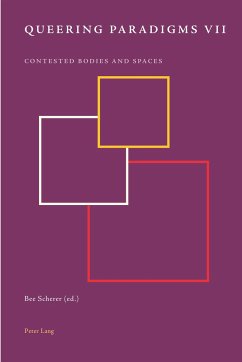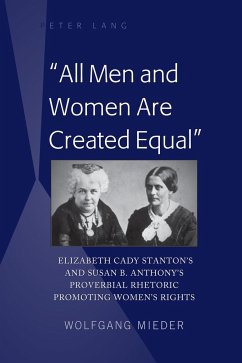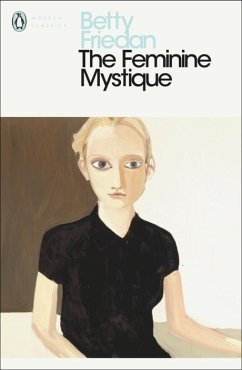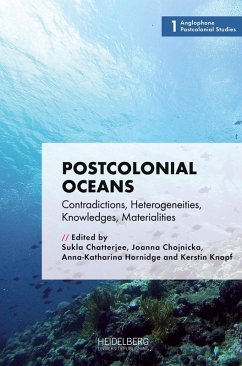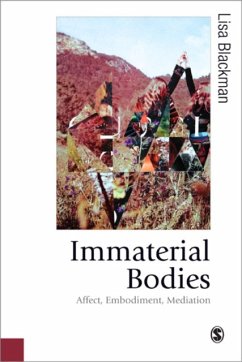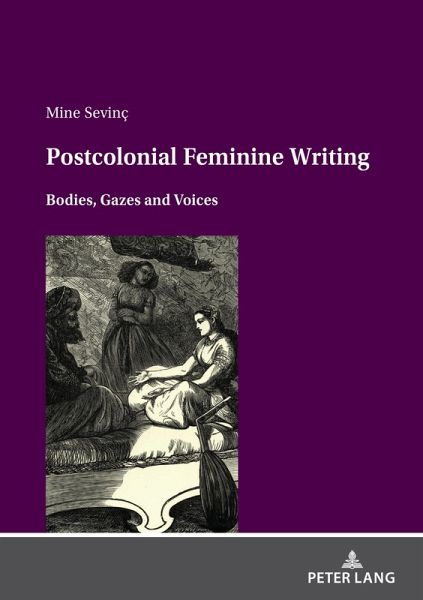
Postcolonial feminine writing
Bodies, Gazes and Voices
Versandkostenfrei!
Versandfertig in 6-10 Tagen
38,95 €
inkl. MwSt.

PAYBACK Punkte
0 °P sammeln!
This book focuses on the premise that contemporary postcolonial women writersreclaim a new position of writing which mirrors and transcends the storytellingof Shahrazad in terms of theme and structure. It questions the extent to whichShahrazad is employed as a liberating figure in contemporary postcolonial women'snarratives. Postcolonial feminine writing allows temporary interventions into thepatriarchal and colonial discourses. The repetition of these temporary interventionssuggests the possibility of more subversive and liberating literary discourses.
This book focuses on the premise that contemporary postcolonial women writers
reclaim a new position of writing which mirrors and transcends the storytelling
of Shahrazad in terms of theme and structure. It questions the extent to which
Shahrazad is employed as a liberating figure in contemporary postcolonial women's
narratives. Postcolonial feminine writing allows temporary interventions into the
patriarchal and colonial discourses. The repetition of these temporary interventions
suggests the possibility of more subversive and liberating literary discourses.
reclaim a new position of writing which mirrors and transcends the storytelling
of Shahrazad in terms of theme and structure. It questions the extent to which
Shahrazad is employed as a liberating figure in contemporary postcolonial women's
narratives. Postcolonial feminine writing allows temporary interventions into the
patriarchal and colonial discourses. The repetition of these temporary interventions
suggests the possibility of more subversive and liberating literary discourses.





